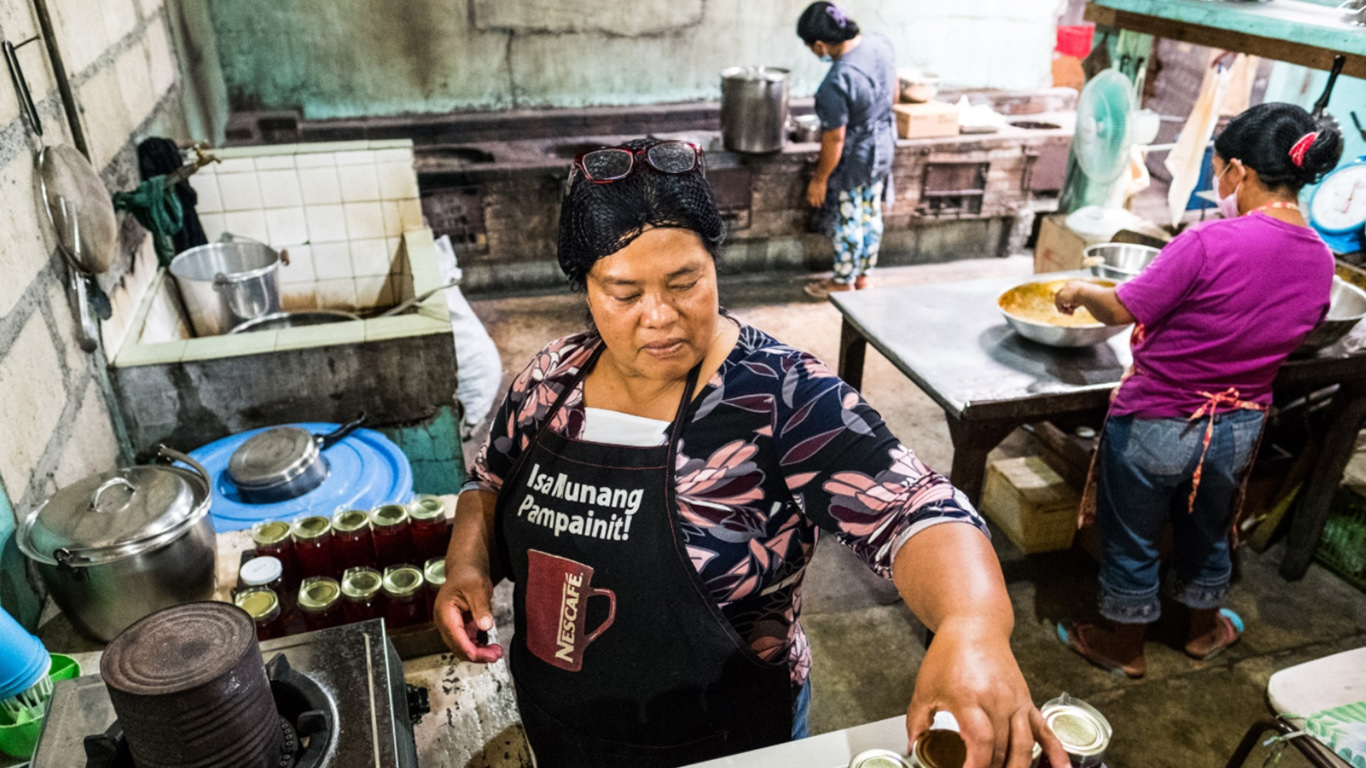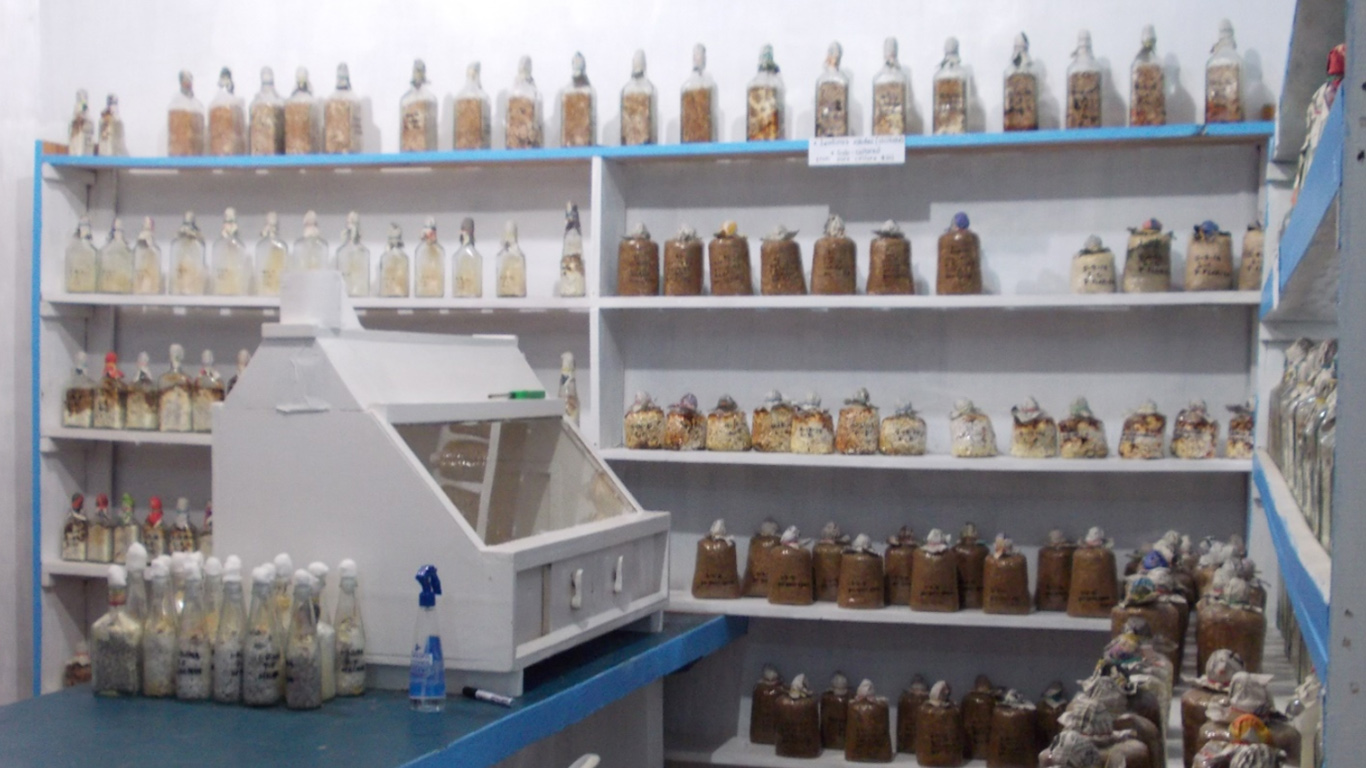Objectives of the Training Course
The main objective of these training courses is to enhance the capacities of selected IP business leaders on their livelihoods in the New Normal, with focus on four key areas that IP business leaders have identified themselves.
Specifically, the conduct of these training courses aims to:
- Build the confidence of IP Business leaders’ in pushing for and presenting their self-determined livelihood agenda;
- Enhance the knowledge and skills of IP business leaders along the various content areas:
- Demonstrate functional skills in financial management and online marketing
- Critical understanding of product development and livelihood planning
- Provide a platform for solidarity among IP business leaders in partnership with the Indigenous Peoples’ Fair Trade Alliance to address the affectation of their respective ICCs to the New Normal and to push for a green platform for their economic recovery.


